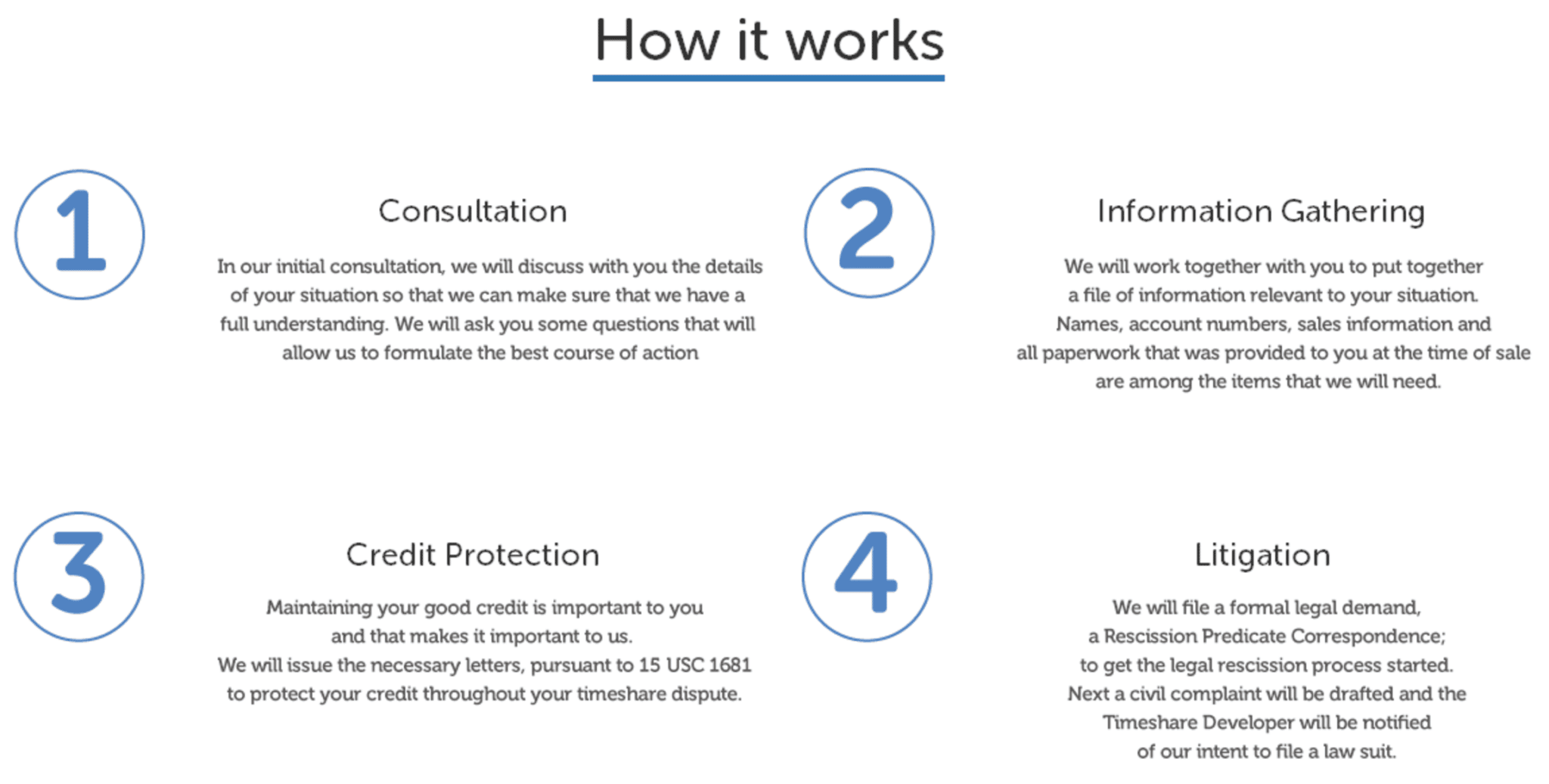Unless you've purchased the timeshare outright for cash, you are accountable for paying the month-to-month home mortgage. Despite how you bought the timeshare, you also are accountable for paying a yearly maintenance fee; real estate tax may be extra. Owners share in the use and maintenance of the systems and of the common premises of the resort residential or commercial property. A homeowners' association typically handles management of the resort. Timeshare owners elect officers and control the expenditures, the maintenance of the resort home, and the selection of the resort management company. In this choice, a designer owns the resort, which is made up of condominiums or units.
You buy the right to utilize a period at the resort for a particular number of years generally between 10 and 50 years. The interest you own is lawfully thought about individual property. The specific system you utilize at the resort may not be the same each year. In addition to the cost for the right to use a period, you pay a yearly upkeep cost that is likely to increase each year. Within the "right to utilize" alternative, several plans can impact your ability to use a system: In a set time alternative, you holiday inn timeshare reviews purchase the system for usage during a particular week of the year.

Instead of a yearly week, you purchase a big share of trip ownership time, typically approximately 26 weeks. You use a resort system every other year. You occupy a portion of the unit and offer the remaining area for rental or exchange. These systems normally have 2 to 3 wyndham timeshare login bed rooms and baths. You buy a certain number of points, and exchange them for the right to use a period at one or more resorts. In a points-based holiday plan (sometimes called a holiday club), the number of points you require to use an interval differs according to the length of the stay, size of the system, location of the resort, and when you want to utilize it.
Maintenance charges can rise at rates that equal or exceed inflation, so ask whether your strategy has a charge cap. You should pay fees and taxes, no matter whether you use the unit. To help examine the purchase, compare these costs with the expense of leasing similar accommodations with similar features in the exact same area for the same period. If you find that purchasing a timeshare or getaway strategy makes good sense, comparison shopping is your next action (an avarege how much do you pay for timeshare in Visit this website hawaii per month). Evaluate the area and quality of the resort, along with the schedule of units. Go to the facilities and talk to present timeshare or holiday strategy owners about their experiences.

Inspect for complaints about the resort developer and management company with the state Attorney general of the United States and regional customer defense officials. Research the performance history of the seller, designer, and management business before you purchase. Request for a copy of the current maintenance budget for the property. Examine the policies on management, repair work, and replacement home furnishings, and schedules for guaranteed services. You likewise can search online for grievances. Get a manage on all the commitments and benefits of the timeshare or trip strategy purchase. Is everything the salesperson promises written into the agreement? If not, ignore the sale. Do not act upon impulse or under pressure.
While these perks may provide a great value, the timing of a purchase is your choice. You can get all pledges and representations in composing, as well as a public offering statement and other pertinent documents. Research study the paperwork outside of the discussion environment and, if possible, ask someone who is well-informed about contracts and realty to review it prior to you decide. Get the name and contact number of somebody at the company who can address your concerns previously, throughout, and after the sales discussion, and after your purchase. Inquire about your ability to cancel the agreement, often described as a "right of rescission." Lots of states and maybe your agreement give you a right of rescission, but the quantity of time you need to cancel might differ.
Our What Is A Timeshare Presentation Like Ideas
If a right of rescission or a cooling-off period isn't needed by law, ask that it be included in your contract. If, for some reason, you decide to cancel the purchase either through your agreement or state law do it in composing. Send your letter by licensed mail, and ask for a return invoice so you can record what the seller received. Keep copies of your letter and any enclosures. You need to receive a prompt refund of any money you paid, as provided by law. Utilize an escrow account if you're buying an undeveloped property, and get a composed dedication from the seller that the centers will be completed as assured.
Make certain your agreement consists of provisions for "non-disturbance" and "non-performance." A non-disturbance stipulation guarantees that you'll be able to use your unit or interval if the designer or management company declares bankruptcy or defaults. A non-performance clause lets you keep your rights, even if your agreement is purchased by a 3rd party. You may desire to call a lawyer who can offer you with more details about these arrangements. Be careful of offers to purchase timeshares or trip plans in foreign countries. If you sign a contract outside the U.S. for a timeshare or trip plan in another country, you are not protected by U.S.
An exchange permits a timeshare or holiday strategy owner to trade units with another owner who has an equivalent system at an affiliated resort within the system. Here's how it works: A resort designer has a relationship with an exchange company, which administers the service for owners at the resort. Owners end up being members of the exchange system when they buy their timeshare or holiday strategy. At a lot of resorts, the designer pays for each brand-new member's very first year of membership in the exchange business, but members pay the exchange business straight after that. To participate, a member needs to transfer a system into the exchange company's inventory of weeks readily available for exchange.
In a points-based exchange system, the period is instantly taken into the inventory system for a specific duration when the member joins. Point values are assigned to units based upon length of stay, area, unit size, and seasonality. Members who have enough indicate secure the trip lodgings they want can book them on a space-available basis. Members who do not have sufficient points may wish to examine programs that allow banking of prior-year points, advancing points, or perhaps "leasing" additional indicate comprise differences. Whether the exchange system works adequately for owners is another problem to look into prior to purchasing.